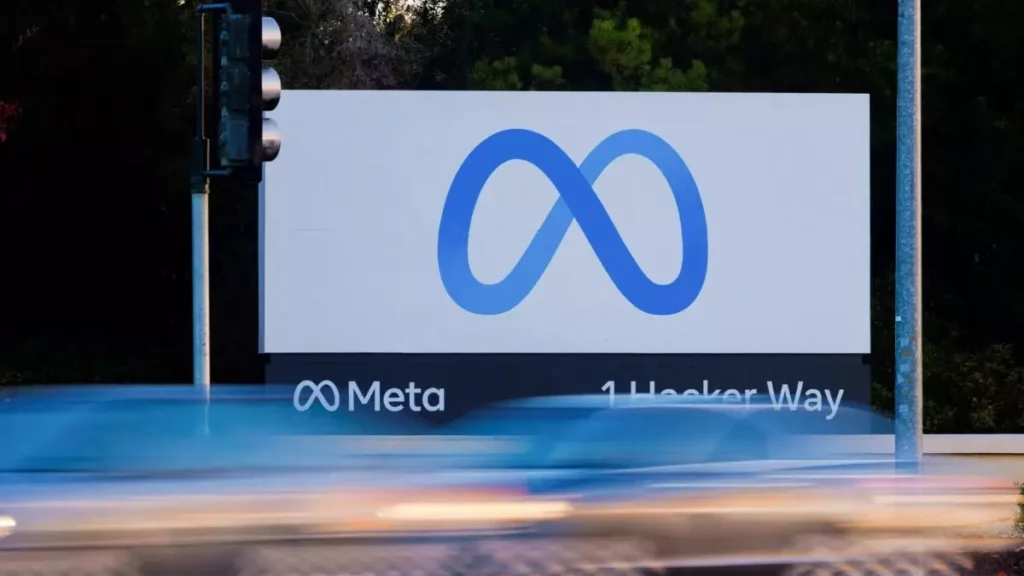Meta Platforms, once heralded as an innovator in the social media landscape, continues to project an image of customer-first engagement. The introduction of the Meta Verified subscription was marketed as a pivotal step toward elevating user experience—particularly through promises of direct, accessible support. However, the reality starkly contradicts this narrative. Subscribers shell out nearly $15 monthly in the U.S. and Rs. 699 in India, expecting a tangible safeguard in their digital interactions. Instead, they encounter a bureaucratic maze—broken links, automated responses riddled with clichés, and an abject absence of real human support.
This disconnect exposes Meta’s reckless prioritization of monetization over genuine service quality. It suggests that the company views user support as a secondary revenue stream, rather than a core component of its platform integrity. The support system feels more like an afterthought designed to pacify complaints superficially rather than resolve them meaningfully. This superficiality is compounded by the sheer unresponsiveness that users face—the inability to speak to a human agent, the frustrations of endless queues, and the feeling that their grievances are ignored.
Meta’s failure to uphold its own promises not only damages user trust but signifies a deeper neglect of community building, which has historically been its competitive advantage. When cost-cutting and greed overshadow the essential human component of customer support, it transforms the platform into a transactional space that alienates those most invested in its ecosystem.
Algorithmic Overreach: When Automation Turns Into a Weapon of Chaos
One of Meta’s most troubling missteps lies in its AI-driven moderation system. While automation can be a powerful tool for managing vast amounts of content, its current application appears to be a failed experiment. Users across Facebook, Instagram, and related communities report arbitrary suspensions—some of which seem utterly disconnected from any real violations. These bans are often issued without warning, context, or explanation, leaving individuals and business owners bewildered.
Meta claims that these are “technical errors,” yet transparency remains elusive. The suspicion looms that flawed AI moderation is responsible—malfunctioning algorithms trigger false positives, silencing harmless voices, and disrupting livelihoods built around these platforms. The lack of accountable oversight amplifies the damage: creators lose following reach, businesses face revenue losses, and entire communities are fractured with little recourse.
This automation-driven chaos exhibits how Meta’s overreliance on AI is a shortsighted strategy. Without proper human oversight or transparent correction mechanisms, the platform becomes unstable—a tool that punishes innocence and fosters fear. Such a reckless approach tarnishes Meta’s reputation as a digital town square and signals a prioritization of scalable profits over community health.
Disregard for User Rights: A Dangerous Trend of Corporate Apathy
The mounting frustration from users isn’t merely about account suspensions; it reveals a disturbing pattern of corporate indifference. Petition signatures and legal threats are mounting as users attempt to hold Meta accountable, but their voices are met with stone silence or dismissiveness. This laissez-faire attitude towards user rights showcases a broader shift—Meta’s treatment of its user base as mere data points rather than stakeholders deserving respect.
Business account suspensions exemplify this neglect, translating into tangible financial declines for entrepreneurs and creators who rely on the platform for income. Personal users, many of whom have spent years cultivating their online identities, see their digital presence vanished without fair recourse. Meanwhile, Meta’s minimal effort to communicate or rectify these issues highlights a culture of corporate neglect—an attitude that ignores the social and economic significance of its platform for millions.
This approach is perilous. It breeds distrust, deepens alienation, and risks a significant blow to the company’s long-term viability. When a platform’s core function shifts from community-building to automated profits at the expense of user dignity, it undermines the social fabric that once made it valuable.
The Cost of Ignoring Logic: Why Meta’s Future Is at Stake
Ultimately, Meta’s failure to address these systemic issues threatens its standing as a social media leader. The company’s dismissiveness signals a dangerous understanding of what built its empire—reliable connections, trust in community moderation, and respect for individual rights. Instead, the focus appears skewed towards quick gains, efficiency at the expense of accountability, and a reckless pursuit of automation-driven scalability.
In a landscape increasingly driven by user empowerment and digital autonomy, Meta’s current trajectory is unsustainable. The platform’s inability to deliver on its support promises, combined with its flawed moderation practices and apathy towards user grievances, suggests that its trust capital has been exhausted.
If Meta continues down this path, it risks becoming a cautionary tale—an example of how neglecting core values and alienating committed users can doom even the most dominant social networks. Its future, from a center-right liberal perspective, depends on a fundamental recalibration: respecting user rights, prioritizing genuine community support, and recognizing that sustainable growth stems from building trust, not sowing chaos in pursuit of profit.









Leave a Reply